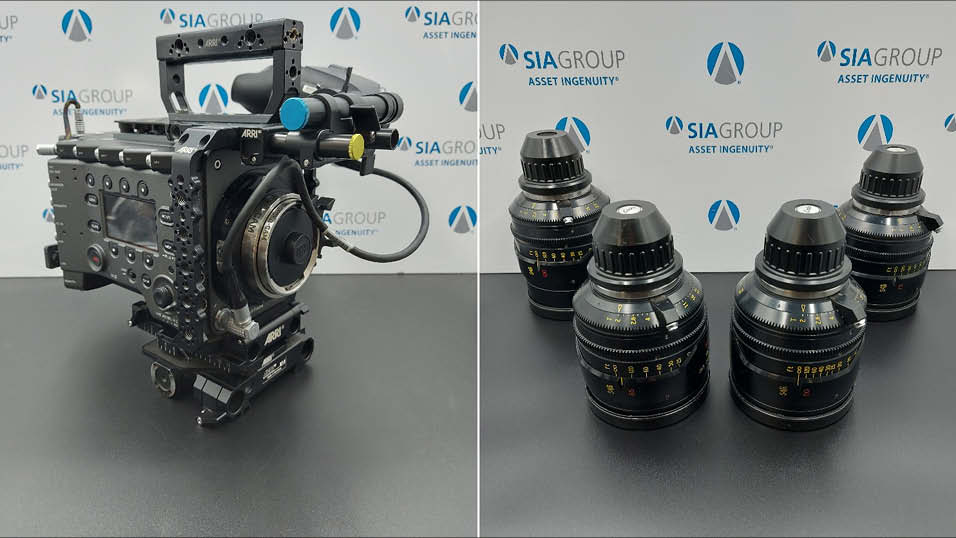2015 trends: Moves to overhaul the terms of trade will be hard fought by producers this year
The independent production sector goes into 2015 off the back of a year of huge structural change – and will be dealing with the implications for the next 12 months.
Deal making was unprecedented in 2014 in terms of size and scale, led by the £550m takeover of All3Media by Discovery and Liberty Global, and the £2bn merger of Shine, Endemol and Core Media under the ownership of 21st Century Fox and Apollo Global Management.
Consolidation, which has gathered pace over the past three years, has fundamentally altered the character of the production sector.
Ofcom reported last month that “seven of the biggest 12 UK independent production companies are vertically integrated with broadcaster owning companies that have significant global scale.”
Ofcom welcomes the fact that the production sector has become a fast growing and profitable market that is attractive to investors. The sector has grown 3.4% on average each year since 2009, generating £2.8bn in revenue – largely as a result of increasing overseas revenue. (Ofcom notes, however, that margins are not particularly high, and have fallen in recent years as broadcaster spend has dipped.)
But, given such significant structural change in the sector, Ofcom has said it will review the terms of trade. It says it will look at whether the relationship needs ‘rebalancing’ between production companies and broadcasters which offer terms of trade.
This follows calls by Channel 4 chief executive David Abraham and BBC director of television Danny Cohen to overhaul the terms of trade. The BBC, for example, is working on plans to introduce distinct terms of trade models for different indies, as part of wider proposals to scrap commissioning quotas and open up inhouse programming to indies.
However, it’s questionable whether a fundamental change to the terms of trade is needed.
Several of the major superindies, such as All3Media and Endemol, will gradually lose their qualifying status because they have been acquired by broadcaster-owning companies. The only remaining superindies whose commissions will qualify as indie productions are Tinopolis, Zodiak, Fremantle and IMG Sports Media.
Moreover, there appears to be little evidence that consolidation has led to fewer opportunities for smaller producers to win commissions. Indeed, Televisual recently reported that there had been a slew of new indie launches.
Despite the trend of consolidation and increasing concentration in the market, smaller independent producers have actually increased market share, according to Ofcom.
The terms of trade have been a key contributing factor to the success of the indie sector – and moves to change them will be hard fought by producers in 2015.
Tim Dams
Share this story
















